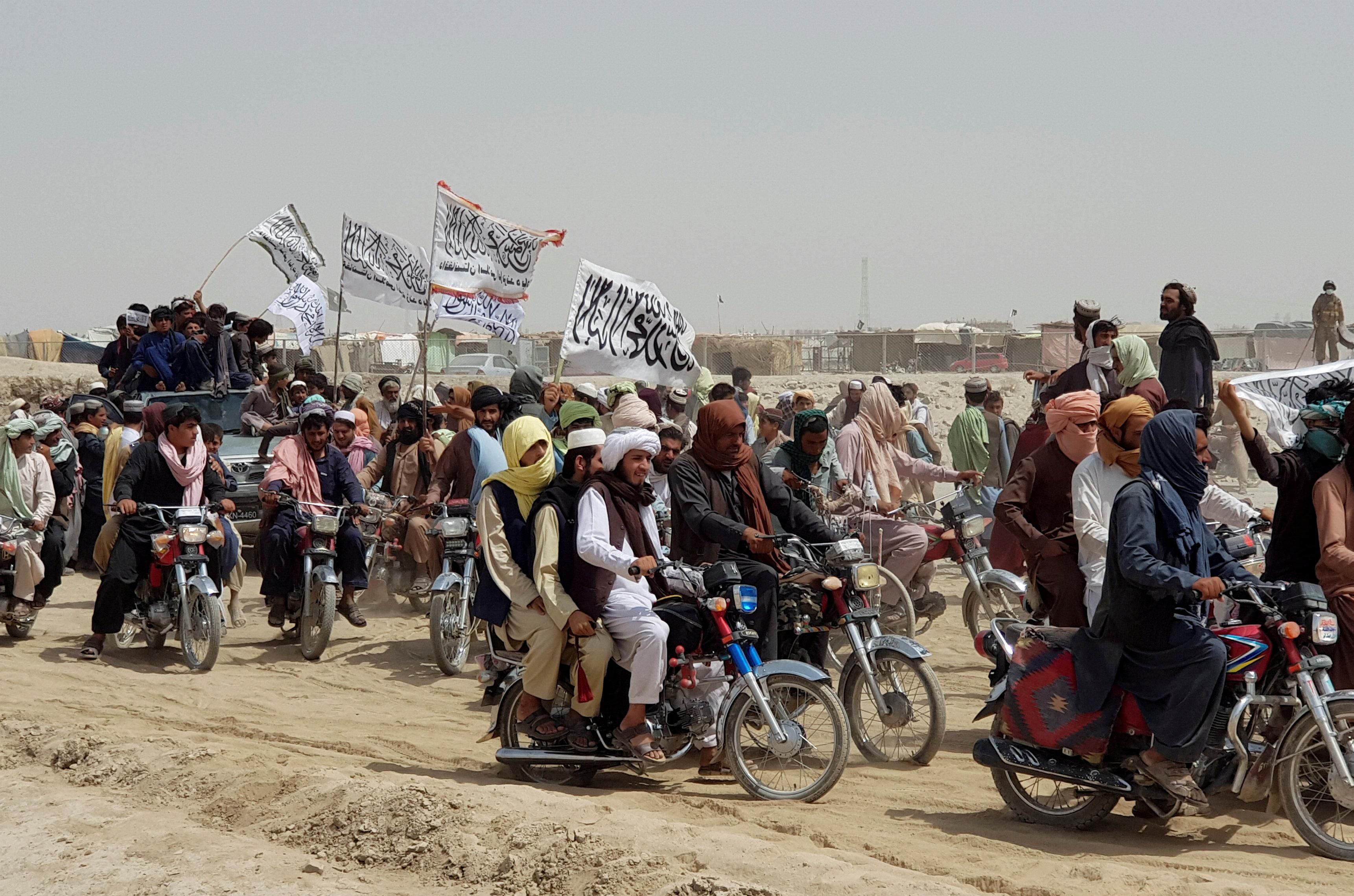US braces for Taliban takeover: Just weeks before US forces were set to fully withdraw from Afghanistan after almost 20 years, the Pentagon is sending 3,000 additional troops to guard Kabul's airport and help most US embassy staff leave the country safely. The State Department refused to call this development an evacuation, insisting that the embassy will remain open after the US withdrawal for some duties, including processing special US visa applications for Afghans who worked for and helped the US military. Meanwhile, Taliban forces have captured their eleventh provincial capital in just one week as they zero in on Kabul. The Taliban now control the country's second and third largest cities — Kandahar and Herat — as well as roughly two-thirds of all Afghan districts, raising fears of an imminent takeover. US intelligence now anticipates Kabul could fall within 30 to 90 days, much earlier than previous estimates. Given the speed of the Taliban advance, the Biden administration's partial — and hasty — drawdown of the US diplomatic mission in Kabul makes sense in order to avoid the chaotic scenes of 1975, when the last Americans to leave Saigon were lifted off in helicopters from the roof of the embassy after the Vietcong conquered the capital of then-South Vietnam.
Israel authorizes Jewish and Palestinian construction in the West Bank: Israel has green-lit the construction of 2,200 new homes in the occupied West Bank — including 1,000 new units for Palestinians in the Jewish-majority area of the West Bank, known as Area C. It's the first time in years that the Israeli government has given Palestinians approval to build in this specific area, and comes after recent moves by Israel to bolster the standing of the Palestinian Authority, which rules in the West Bank yet is very unpopular with Palestinian voters. But critics say it is also a calculated play by Israel's rightwing PM Naftali Bennett to push through plans for more Jewish settler homes. Settlement construction is a lightning rod issue in Israeli politics: Meretz, a left-wing junior member of Naftali's coalition government, has already criticized the move. Still, none of this is surprising given that Bennett has never concealed his rightwing bonafides, and Israel's nascent ideologically-diverse coalition government was always going to have major disagreements on policy issues. So, why announce this now? Bennet likely wanted to get it out of the way so that the thorny issue doesn't overshadow his first meeting with US President Joe Biden next month.
What's in China's new five-year plan? Beijing has released a new "rule of law" blueprint detailing some of the government's policy priorities over the next five years. Clearly, cracking down on tech giants will continue to be a massive policy focus for Beijing, which detailed the need to "enhance anti-monopoly law enforcement." The Chinese Communist Party will also increase regulatory control over sectors like healthcare, technology, and the insurance industry. In recent weeks and months, Chinese regulators have increasingly enforced new rules limiting the autonomy of businesses in pursuit of what the government calls "social stability". But some critics say this new report is business as usual, and merely reflects President Xi Jinping's modus operandi of quashing potential rival power centers in the business world.
Zambia's nail-biter election: Zambians go to the polls on Thursday to
vote in a general election amid a severe COVID-fueled economic crisis. In what is expected to be a
very close race, voters must choose between President Edgar Lungu, in power since 2015, and business tycoon Hakainde Hichilema, known by his initials HH and backed by most opposition forces. HH, running for an astounding
sixth time, wants to cut mining taxes to lure foreign investors and
renegotiate the country's debt with the IMF. (Zambia was the first African country to
default after the pandemic struck, in part because the money it owes to China, which rarely gives debt relief, has increased seven-fold under Lungu.) The latest polling has HH ahead by a narrow margin because economic stagnation and untenable borrowing have hurt Lungu, but the challenger' says
it won't be a fair fight: the incumbent is using intimidation and violence to subdue voter turnout, even deploying the military. You can bet a close result will be contested in both the courts and the streets of Africa’s second-largest producer of
copper.
